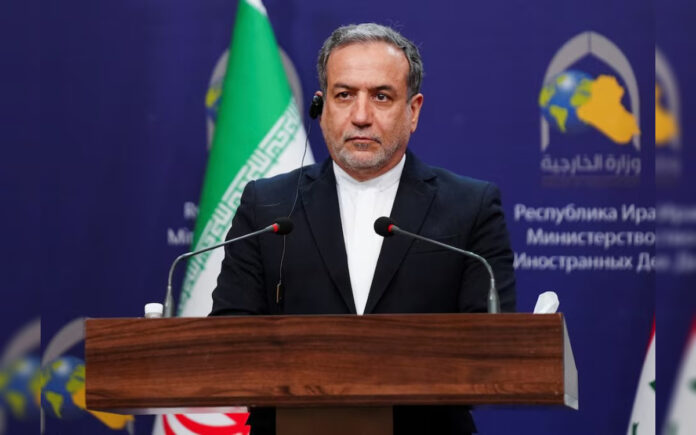Paris/Dubai: Iran and European powers are set to hold nuclear talks in Istanbul on Friday, according to two European and one Iranian diplomatic source. The discussions will bring together senior diplomats from both sides, signaling a renewed push to clarify positions ahead of an anticipated fifth round of U.S.-Iranian negotiations in the coming days.
An earlier round of talks scheduled for May 2 was postponed due to initial reluctance from Britain, France, and Germany—collectively known as the E3. The trio had expressed concern that the discussions could create a parallel diplomatic track and potentially undermine U.S.-led negotiations aimed at preventing Iran from developing nuclear weapons.
However, diplomatic sources say the E3 ultimately decided to proceed with the talks to preserve diplomatic engagement with Tehran and to reaffirm their own vision for the structure of any future nuclear agreement.
Iran, for its part, views the dialogue as an opportunity to explore its options and gauge the stance of the European powers, particularly on the sensitive issue of reimposing United Nations sanctions. Iran’s foreign minister recently cautioned the European countries against pursuing such a move.
Despite occasional engagements over the past year, relations between Tehran and the E3 have deteriorated. Tensions have been fueled by a series of new sanctions imposed on Iran, citing its ballistic missile program, the imprisonment of foreign nationals, and its continued support for Russia amid the war in Ukraine.
Also Read | EU Court Overturns Commission’s Refusal to Release COVID Texts with Pfizer to New York Times
Under the provisions of a United Nations resolution that endorsed the 2015 nuclear deal, the E3 retains the authority to reimpose U.N. sanctions before October 18, through a provision commonly referred to as the “snapback mechanism.”
While the European powers are not directly involved in the current negotiations between Iran and the United States—most recently held in Oman on Sunday—they remain closely aligned with Washington. They have been coordinating on the potential use of the snapback mechanism to exert greater pressure on Tehran, particularly if no meaningful progress is made.
Also Read | Trade Truce Clears Path for Tesla to Ship Chinese Components to U.S.
Diplomats and a document reviewed by Reuters indicate that the E3 could move to trigger the snapback process as early as August should the current diplomatic efforts fail to yield a substantial agreement.
Oman, which is mediating the U.S.-Iran negotiations, said the next round of direct discussions will take place in the coming days, following consultations in both Tehran and Washington.



